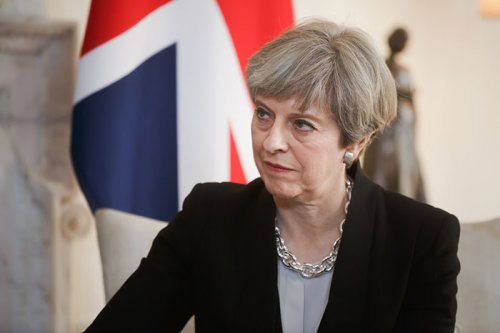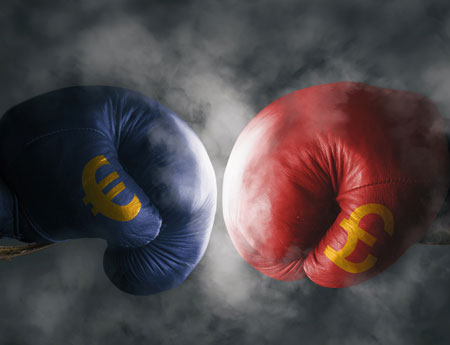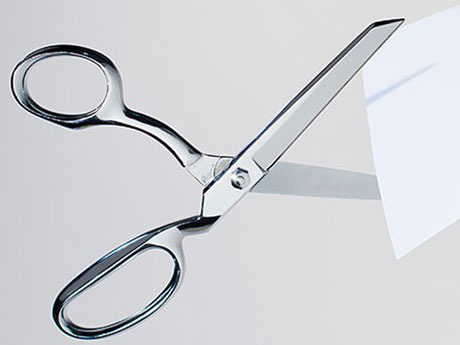The UK’s shock election result – what now for Brexit?
9 June 2016
Britain’s Prime Minister, Theresa May, called an election when she appeared to be way ahead in the opinion polls. She said she wanted a big majority to ‘strengthen her hand’ at the upcoming Brexit negotiations. It didn’t work out like that. In fact, her future is being called into question after her governing Conservative party failed to win an overall majority.

The big question now is what’s going to happen with the Brexit talks, which are due to begin on June 19th? As ING’s Senior Economist, James Knightley, points out, ‘we don’t even know who’s going to lead those talks’ given the indecisive election result.
If Theresa May can broker a deal to stay on as Prime Minister, most likely involving the Democratic Unionist Party in Northern Ireland, the risk is that she retains a hardline Brexit strategy. She may feel the need to keep the Brexiteers in her own party and the Brexit supporting DUP on side. If this is the case there is less likely to be a compromise on migration and the size of the divorce bill. This runs the risk of talks breaking down, heightening the threat of “hard Brexit” and the potential for economically damaging trade barriers coming into force.
However, May will be presiding over a party that has been wounded by this election and some Ministers are already calling for her head. Polls were predicting a landslide for the Conservative party just a few weeks ago. Now they don’t have enough seats to form a government on their own as a result of an election Theresa May didn’t need to call.
Should Theresa May fail to form a government, Jeremy Corbyn could try and form a minority Labour government. The SNP and Liberal Democrats have ruled out a coalition so they would look to get support on an issue by issue basis. This could see some watering down of their fiscal and nationalization policies of utility, mail and rail industries.
This outcome could be interpreted as reducing the chance of “hard” Brexit given a Jeremy Corbyn led government will likely be more relaxed on the issue of controlling immigration in negotiations relative to the Conservatives. Also the Lib Dems and the SNP are far more pro-EU than the other main parties and would also support a “softer” Brexit. All are more concerned about getting access to the single market. As such, there appears greater opportunity for compromise that could potentially leave the UK with a relationship something closer to the EEA membership enjoyed by Norway.
However, a change of strategy at this point (given that there are only 21 of the 24 months set aside for negotiations left) and if the parties are not united this could lead to an unclear negotiating position. This would make winning a good Brexit deal for the UK more challenging.
All in all there is a huge amount of uncertainty over the politics of the UK economy, which will intensify the risks to economic activity. This uncertainty will make it all the more likely the Bank of England will choose to leave monetary policy ultra loose in order to provide as much support to growth as possible.


